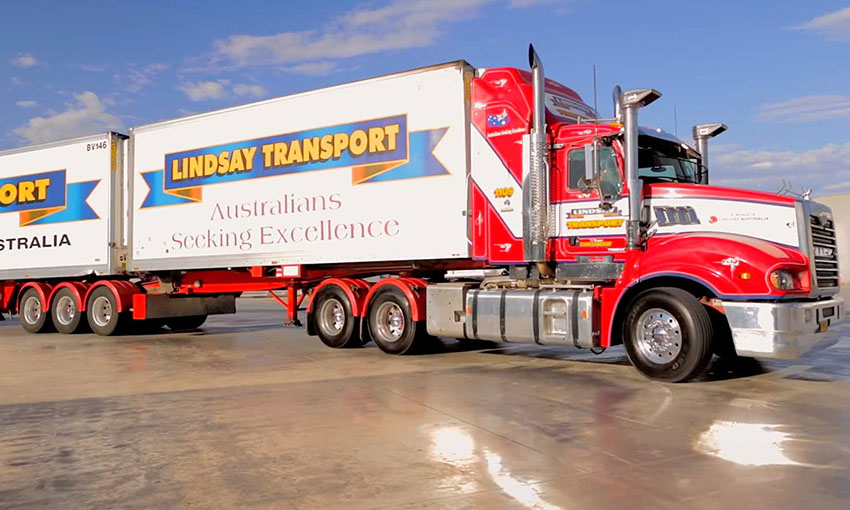LINDSAY Australia said it achieved record revenue, profit and dividends for the full year ending 30 June 2023.
The company’s full year operating revenue of $676.2 million in the 2023 financial year was up 22.3% (or $123.2 million) on that of the previous comparable period.
Underlying EBITDA was up 50.3% to $90.3 million and underlying net profit after tax was up 95% to $36.5 million.
Lindsay said its FY23 performance was underpinned by a contribution from the Transport business, with increased customer demand for freight services in both road and rail.
Transport revenues grew by 29.5% to $513.3 million, driven by strong volumes in the horticultural and produce market, industry consolidation and positive consumer demand for fresh, chilled and frozen products.
Lindsay Australia CEO Clay McDonald said the record FY23 performance was an “outstanding result” for the Lindsay business.
“The Transport division led the way with a significant uplift in demand for Lindsay’s road, rail and depot handling services,” he said.
“The team demonstrated exceptional agility, capability and customer service to handle a significant increase in demand, driven by strong volumes in the horticultural and produce market, industry consolidation and positive consumer demand for fresh, chilled and frozen products.”
Mr McDonald said the Rural business performed well in difficult trading conditions and is expected to benefit in FY24 from eleven months of trade of the WB Hunters business acquired in July.
“Moving from FY23 to FY24, the Lindsay Road, Rail and Rural strategy will continue delivering significant benefits to our customers and shareholders in a challenging period of change and disruption,” he said.
“By continuing to invest in our people, property, equipment and technology, we aim to build or bolt on additional capacity, scale and capability to support future growth and shareholder value.”
The company said it is continuing to assess and implement strategies to support carbon dioxide reduction objectives, particularly with regard to diesel fuel usage and emissions.
It said it is implementing “cornerstone initiatives” such ongoing investment in a modern fleet, higher payload combinations and increased use of rail as a mode of transport.
Providing rail solutions to customers represents 25% of transport revenue, however rail kilometres now exceed road kilometres for the first time in Lindsay’s history.

